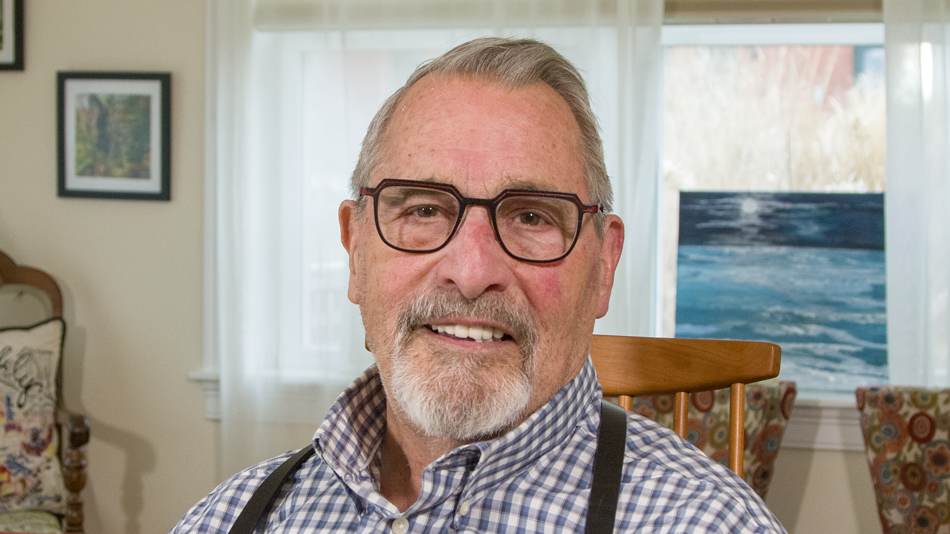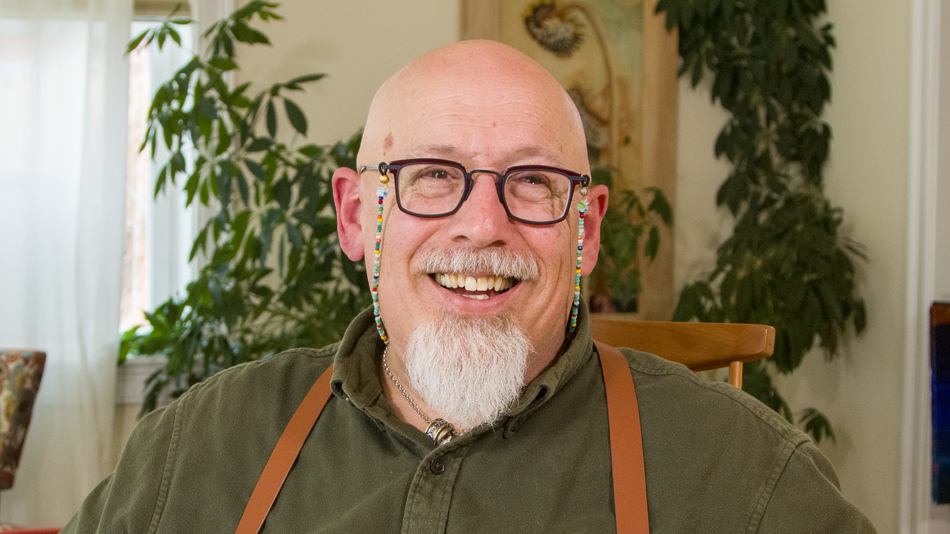
Ken came to work at 7 am sharp every day and left at 3, not a minute later. I tried to point out to him that his workday was scheduled for 9 to 5. He usually just nodded to me and came in at 7 the next day again. He did the job, and I was too inexperienced a manager to deal with his schedule irregularities without aggravating our relationship any further. Well, there was really no relationship – I was certain that Ken was keeping to his schedule to minimize our time together at the office.
Virtually all of the 24 people working in my department were older than me, some close to retirement, people who spent their lifetimes clerking at the bank; some content, others bitter at lack of promotions, but all unhappy about having to report to a 23-year girl fresh out of grad school.
Ken intimidated the hell out of me. He never made eye contact, never addressed me, never returned my morning “hello.” But it was obvious that he knew his job better than me, and eventually I just let him be.
In his late 40s, tall, trim and handsome and certainly not stupid, always wearing a well-fitting suit and shiny shoes, Ken would have fit nicely in any boardroom, and yet there he was, doing clerical work in a backroom with absolutely no prospects for advancement.
That morning when everything changed between us I was walking from the elevator towards my office, preoccupied with the day ahead, making a mental checklist of things to do, absently saying hellos. As I was passing Ken’s cubicle, I said hello to him as usual, not expecting an answer. When I was almost at my desk, my mind registered that something was askew, not normal, not like every other morning. I turned around and went back, stopping short at Ken’s workstation. Ken was sitting with his back to me, staring at a dark computer screen, a strong aroma of booze hovering all around him.
I went back to my office and sat at my desk. I knew exactly what was to happen next – they trained me well – a memo to Human Resources, immediate termination – zero tolerance policy, escort out of the building by a security guard, followed by a pat on my back for a job well done. Instead, I was just sitting there, unable to move. Finally, I reached into my bag, pulled out a roll of mints, and went back to face Ken.
He turned in his swivel chair, still not looking at me, started to say something, saw the mints, and met my eyes for the first time. I told him to take the stairs and not the elevator on his way down.
The next morning, Ken came to work at 9. He walked straight into my office and deposited a small potted plant on my windowsill. He said he grew it himself from seed at home, and if I liked it, he would bring me more.
A few days later, Ken did not show up for work. He called me late in the afternoon, sobbing into the receiver, incoherent. All I understood was that he was at St. Claire’s Hospital, and it was very bad.
At the time, I lived above my mom’s Russian restaurant in midtown, a couple of blocks from St. Claire’s. After work, I asked the chef to pack some pelmeni to go, and went to see Ken. I stayed with him until all visitors were kicked out, and he talked to me all that time. He told me about his bleak childhood in Pensacola, and about all the bigoted pricks in college, and about his crashed career dreams, and also about his life in New York.
Ken stayed at the hospital for 3 months. I visited him almost every day, and we talked and talked and talked. We both wondered about the unlikely similarities in what we went through in life and how our pasts shaped our personalities and our views of the world. When Ken was too weak to talk, he just listened to me, and understood, and I loved him for it.
Ken passed away peacefully in his sleep, a full year before AZT was introduced for treatment of AIDS, and many years before I found another friend I could talk to the way I could talk to Ken.








Share